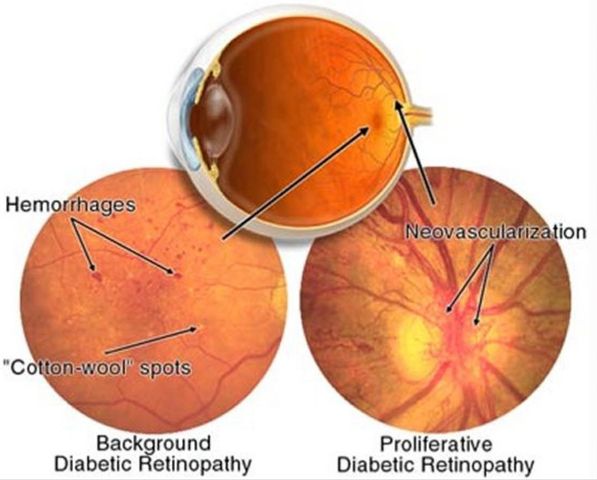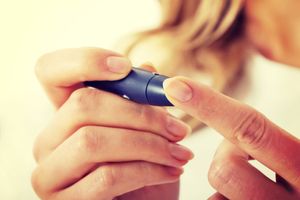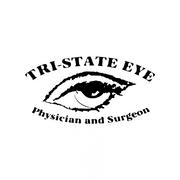4 Ways to Minimize Risk of Diabetic Retinopathy

Diabetic retinopathy is a complication of diabetes that occurs when high blood sugar levels cause damage to the blood vessels in the retina. Common symptoms of this condition include blurred or fluctuating vision and seeing spots, or dark areas, in the vision. If you’re diabetic, take the following steps to reduce your risk of developing this condition.
4 Tips for Reducing Your Risk of Diabetic Retinopathy
1. Eat a Healthy Diet
Eating a well-balanced diet is always important, but it’s especially critical when you have diabetes. Consume nutritious, wholesome foods to protect your vision and maintain overall good health. Oily fish such as herring, trout, and salmon, high levels of dietary fiber, and a safely reduced calorie intake have been found to protect against diabetic retinopathy.
2. Maintain Normal Blood Sugar Levels
 The health effects of uncontrolled blood sugar include harm to your eyes. If your levels get too high, they can damage the blood vessels in your retina, resulting in blurry vision. If left untreated, this could eventually progress to blindness. Maintain normal blood sugar levels by testing several times a day, taking your medication as prescribed, and following your meal plan.
The health effects of uncontrolled blood sugar include harm to your eyes. If your levels get too high, they can damage the blood vessels in your retina, resulting in blurry vision. If left untreated, this could eventually progress to blindness. Maintain normal blood sugar levels by testing several times a day, taking your medication as prescribed, and following your meal plan.
3. Schedule Regular Eye Exams
Diabetic retinopathy often doesn’t have noticeable symptoms in the early stages. For this reason, annual eye exams with your eye doctor are especially essential for individuals with diabetes. During the exam, they’ll thoroughly examine the retina and optic nerve for signs of damage. The earlier this condition is detected, the easier it is to treat.
4. Stop Smoking
If you’re a smoker, now is the time to quit. Smoking tobacco increases your risk of diabetic retinopathy, among other conditions, such as damaged nerves and improper blood flow. Ask your doctor about advice on safe and effective cessation techniques.
If you’re looking for an eye doctor, turn to Tri-State Eye. These attentive and caring professionals provide a wide variety of eye care services, including exams and cataract surgery. From diabetic retinopathy to glaucoma, they’re equipped to diagnose and treat many different eye conditions accurately and provide custom care solutions. For more information about their services, call (845) 703-2020 or (570)296-9696. For more information visit their website.
About the Business
Have a question? Ask the experts!
Send your question

